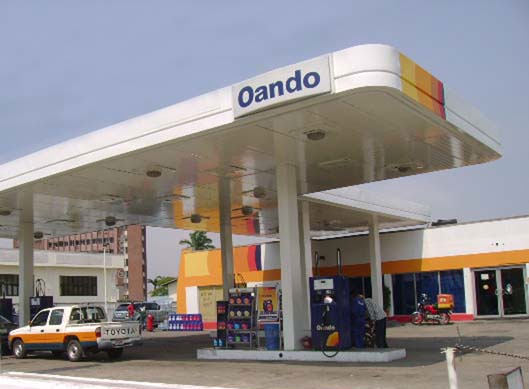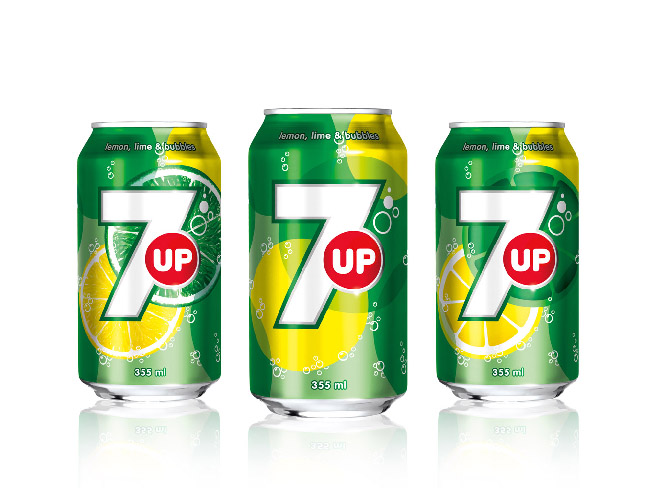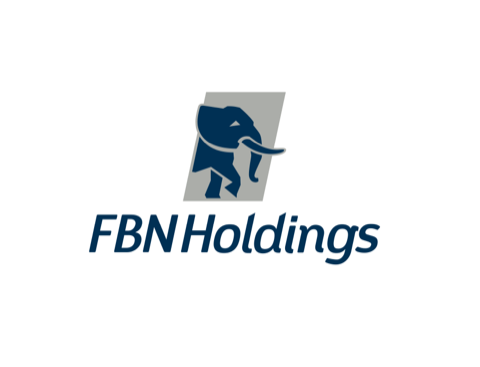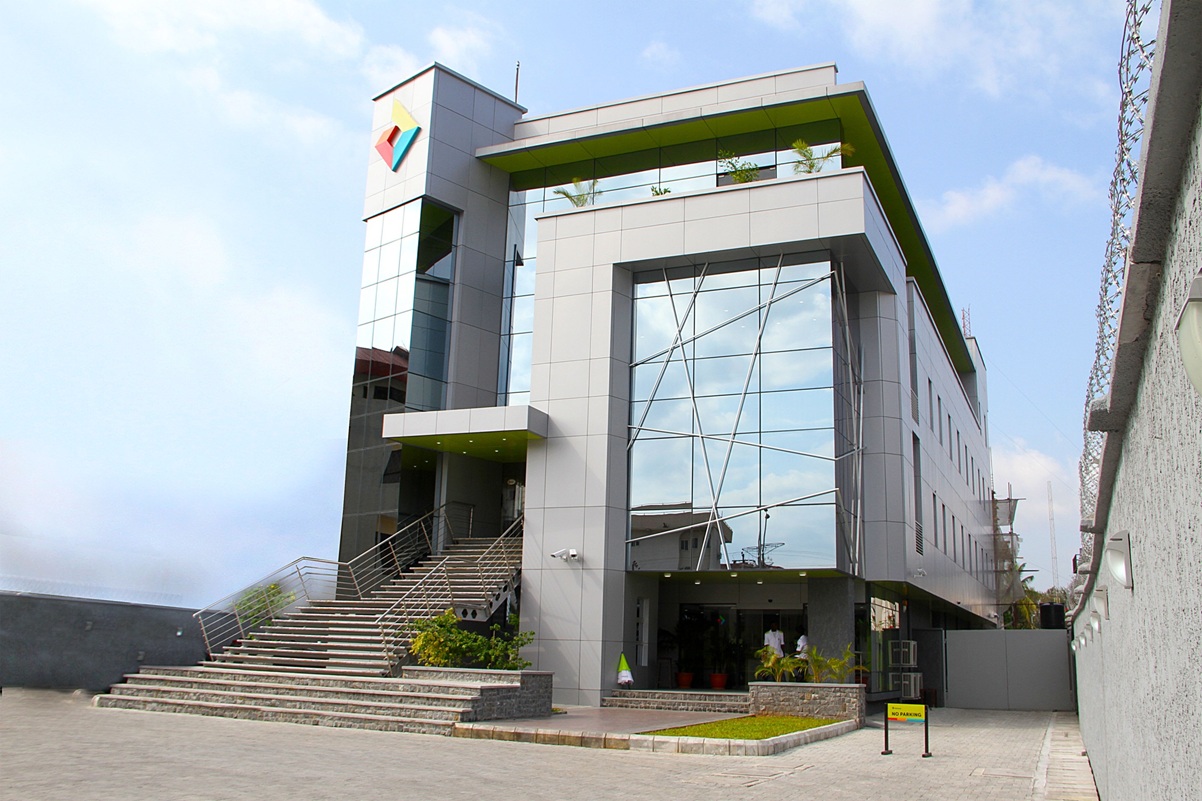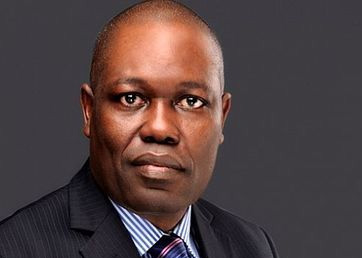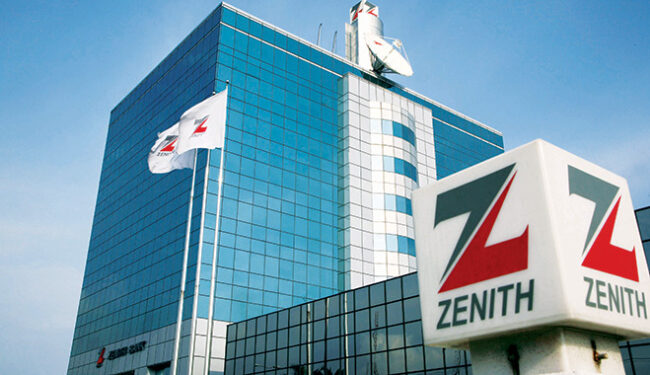Nestle Nigeria faces the challenge of rising operating costs against inability to grow sales volume. The situation has hindered profit growth so far this year. Last year, the food and beverages company managed to register an increase of 7.7% in turnover but profit declined slightly during the year. The challenges of pushing sales facing the company have rather increased this year and that has kept profit margin and growth constrained. Rising input cost has induced product price increases and weak consumer spending is limiting sales volume.
Sales revenue is headed for a further slowdown from the moderate growth last year to a marginal improvement this year. The company reported a turnover of N108 billion at the end of the third quarter, which is an improvement of 5.2% year-on-year. The growth rate in the third quarter is expected to slow down at full year.
Sales revenue is projected at N145 billion for Nestle Nigeria at the end of 2015. This will be a marginal increase of 1.2% – the slowest revenue improvement in several years. Increased cost of input induced by the devaluation of the naira isn’t permitting a low price response that is needed to spur the consumer market at a time of low spending capacity. The ability to grow sales revenue is therefore likely to remain constrained as long as the company is unable to appeal to consumers’ low cost sentiments.
After tax profit amounted to N17.24 billion at the end of the third quarter, which is an increase of 2.2% year-on-year. The inability to grow profit reflects the rising operating cost profile the company faces this year. Based on the growth rate in the third quarter, the full year after tax profit is projected at N24 billion for Nestle Nigeria in 2015. The flat growth in the third quarter is therefore expected to step up to an increase of 8% at the end of the year. The company recorded a slip in profit last year.
Advertisement
Nestle Nigeria implemented efficiency and cost saving initiatives that enabled it to contain rising cost of sales and therefore improve gross profit ahead of sales. Cost of sales increased by 2.8% against the 5.2% increase in sales revenue. That improved gross profit margin from 43.2% in the same period last year to 44.5% at the end of the third quarter.
Further cost management success happened in respect of administrative expenses and marketing cost. This enabled the company to raise operating profit by 11.6% – more than twice as fast as sales revenue.
However most of the cost saved was claimed by finance charges, which nearly doubled at the end of the third quarter. Finance charges amounted to N3.86 billion, which claimed 15.6% of operating profit against 8.8% in the same period last year.
Advertisement
The ability to defend profit margin is the best that has happened on the company’s income statement this year. Net profit margin is slightly up from 15.5% at the end of last year to 16% at the end of the third quarter. That informs an expectation of a moderate improvement in after tax profit at the end of 2015. No reasonable growth in profit has been achieved by Nestle Nigeria over the past three years.
Mr. Dharnesh Gordhon, the chief executive officer of Nestle Nigeria, will need to drive a new growth momentum strong enough to get his company’s earnings charts pointing up once again. The South African, who has held several commercial roles for Nestle in South Africa and Malaysia, is expected to add his international experience to the wide product portfolio and strong brands of Nestle in Nigeria to grow value for shareholders.
Wyeth nutrition products have been added to the company’s portfolio this year, which the management said is contributing to revenue growth. Low cost high margin products will be an appropriate response to the conditions of the consumer market.
The company has declared an interim cash dividend of N10 per share. The register of shareholders will close on November 20 and payment is scheduled for December 7, 2015.
Advertisement
Add a comment


